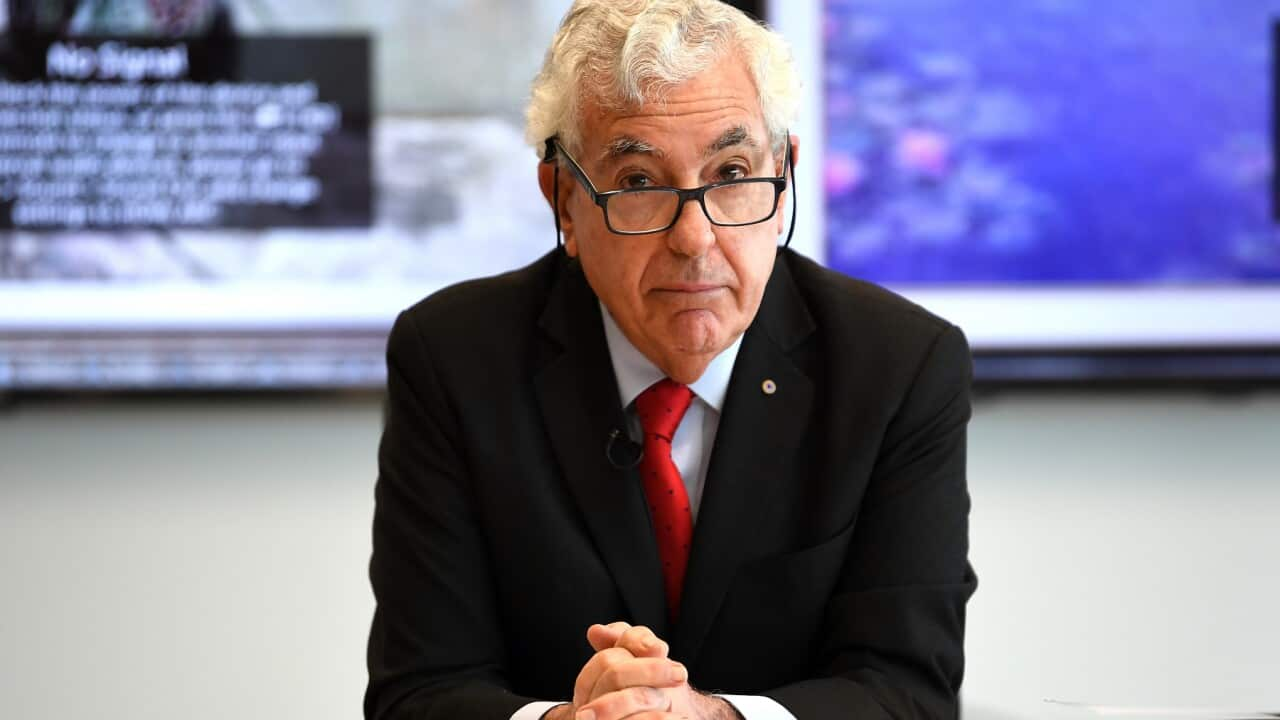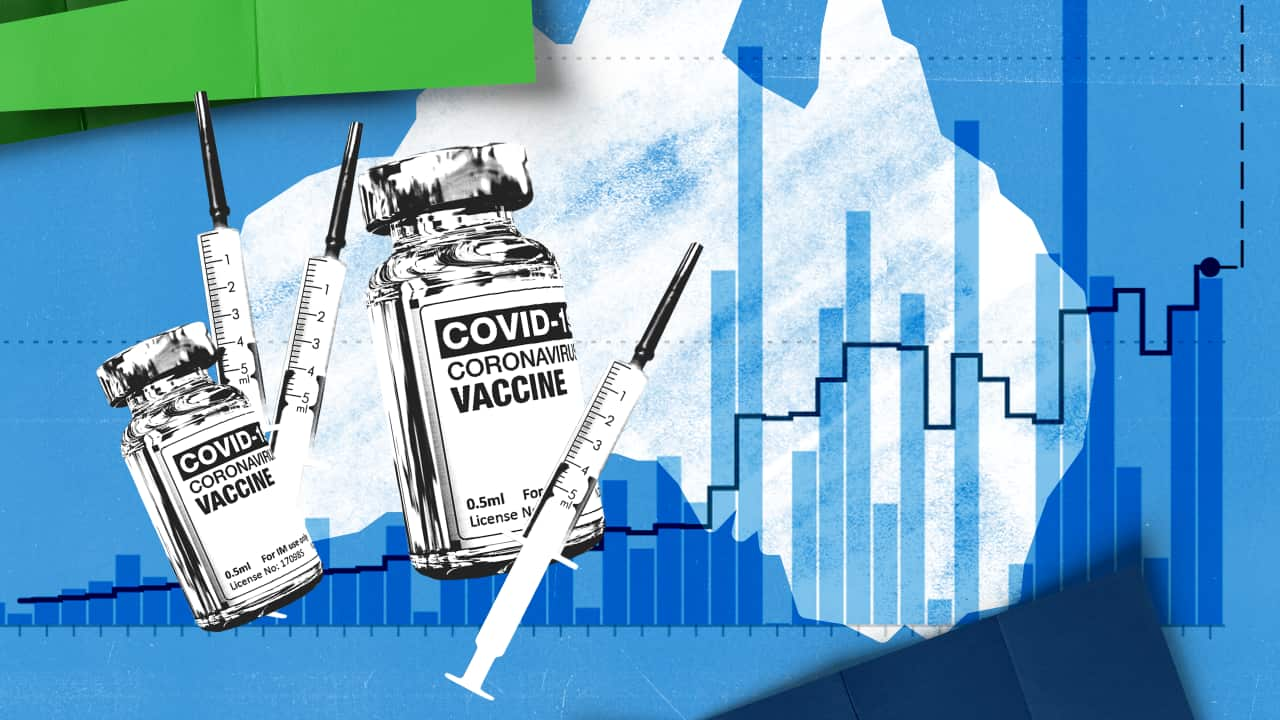The peak national body for disability service providers is calling for coronavirus vaccines to be made mandatory for frontline workers, warning that many staff members are hesitant about getting the jab when it is available.
A national survey into disability support worker vaccine attitudes released on Friday found 50 per cent had either decided not to get the vaccine, wanted to wait or had not yet made a decision.
One in five respondents said they would not get the vaccine at all.
People living in disability residential care and their support workers have been prioritised under phase 1A of the roll out, while disability workers providing in-home and community care are included in phase 1B.
The report from the University of Melbourne’s Centre of Research Excellence in Disability and Health also found 58 per cent of workers agreed the vaccine is the best way to stop the pandemic, while 54 per cent acknowledged their clients were less likely to get the virus if they are vaccinated.
Less than one per cent the 368 disability support workers surveyed were against vaccines in general, said Professor Anne Kavanagh, who led the survey. The survey was also undertaken before people under 50 were warned against taking the AstraZeneca vaccine due to blood clot concerns.
“It’s terribly concerning, because they’re a really important workforce to vaccinate,” Professor Kavanagh told SBS News. “Unless they’re vaccinated, we don’t see protection of people with disabilities who may be quite high risk of getting an infection and if they get an infection, being severely affected.”
This lack of trust around the COVID-19 vaccine has prompted National Disability Services, the peak body for disability service providers in Australia, to support the mandating of approved vaccines for frontline staff members unless they have a medical exemption.
“Many of our members were expressing their concerns that they were hearing from their workforce that many in their workforce were not going to be willing to have the vaccine while it remained voluntary,” said David Moody, chief executive of National Disability Services.
“And with that comes real concerns around their capacity to protect and support people with disability in the midst of COVID-19 … and also, importantly, protect the workforce.”
Failing to vaccinate the majority of the disability workforce could pose significant issues for employers if people with disability opt to only engage staff who have been vaccinated, he added.
Mr Moody told SBS News he would like to see vaccinations for the sector made mandatory through government public health orders due to the increased risk many people with disability face if they were to contract COVID-19.
“We’re genuinely concerned that without the mandating of the vaccine for frontline workers, working with people face to face, there is a heightened risk to the workforce and also, of course, to people with disability and through them, their families, carers and the wider community,” he said.
There are currently no laws or public health orders in most states or territories that specifically enable employers to force their staff to be vaccinated against COVID-19.
The exception is Queensland, where a public health order mandates that frontline health staff working with COVID-19 patients receive the vaccine.
The federal government has so far shied away from making the vaccine mandatory in any settings, but has flagged that there could be some circumstances where it is enforced in the future.
Professor Kavanagh said a better communication strategy needed to be devised alongside the sector to improve confidence in the vaccines.
“It’s very clear from this that it can’t be a top-down government response, we need to be working with the entire sector to get this right,” she said. “And I don’t think that’s been done.”
NDIS Minister Linda Reynolds did not respond to questions about whether the vaccine should be made mandatory for frontline disability staff.
The government’s rollout of vaccines in residential disability settings will be the focus of a .
A Department of Health spokesperson told SBS News last week they were committed to providing “a safe and effective vaccine to everyone in Australia and vaccination of people with a disability and disability workers eligible under phase 1A remains a high priority”.












